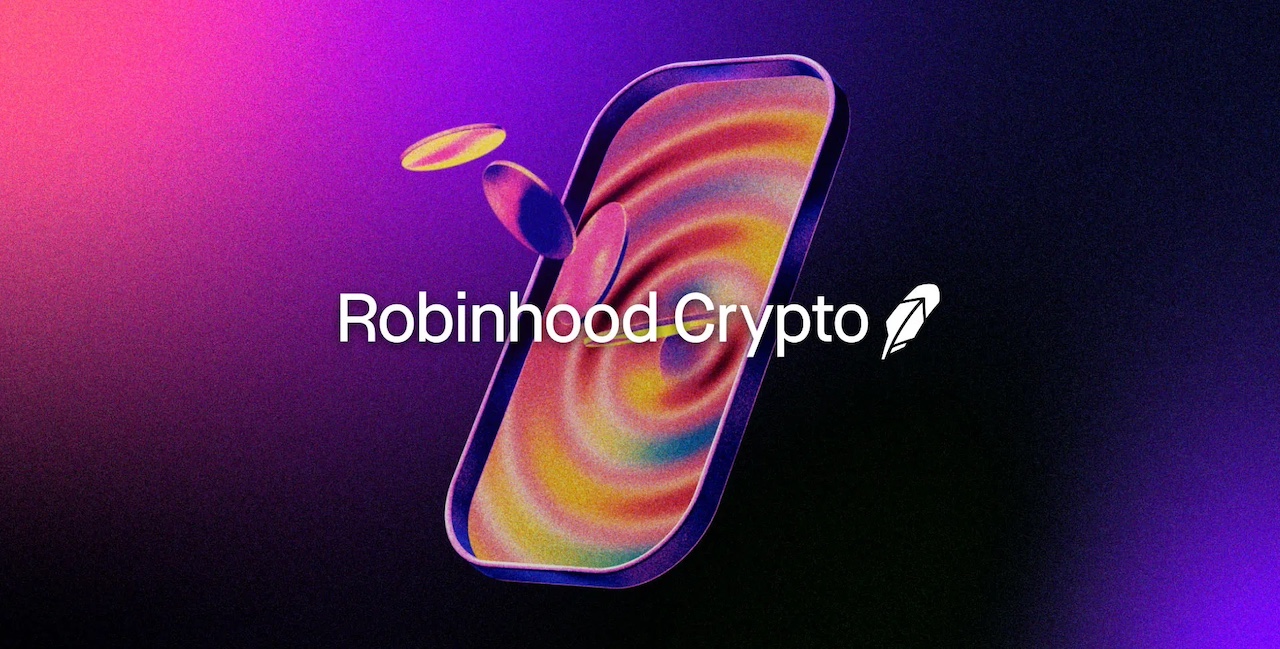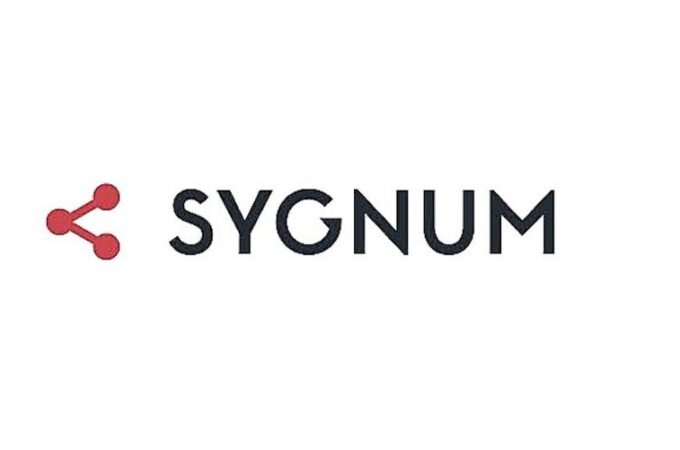
Robinhood Unveils Crypto Trading API to Empower Advanced Traders in the US
Robinhood, the widely-used stock and cryptocurrency trading platform, has launched a new cryptocurrency trading application programming interface (API) for users in the United States. This significant development aims to cater primarily to seasoned crypto traders by enabling the automation of trading strategies and providing advanced tools to react to market movements in real-time.
The Robinhood Crypto trading API allows users to programmatically access the crypto markets, offering the ability to write custom programs that can execute trades based on predefined parameters. This feature is particularly useful for experienced traders who rely on complex algorithms and strategies to stay ahead of market trends and movements. With the API, users can now engage in trading activities without needing to open the Robinhood app, offering greater flexibility and efficiency.
Johann Kerbrat, Vice President and General Manager of Robinhood Crypto, emphasized the transformative potential of the new API, stating, “With our new crypto trading API, we’re helping customers harness the full potential of Robinhood Crypto with precision and confidence.” This tool aims to provide high-level functions that advanced traders value, such as real-time data processing, enhanced security measures, and the ability to automate and customize trading strategies.
Key Features and Benefits
- Automation and Customization: Traders can automate their trading strategies, allowing for continuous market engagement without manual intervention. This capability is ideal for those using algorithms to react to market changes swiftly and efficiently.
- Round-the-Clock Trading: The crypto market operates 24/7, unlike traditional stock markets. The API enables users to trade at any time, ensuring they do not miss out on potential opportunities due to time zone differences or market hours.
- Collaboration: The API fosters a collaborative environment where users can share their code and trading strategies with others. This knowledge exchange enriches the trading community, allowing individuals to learn from each other’s experiences and insights.
- Enhanced Security: Security is a top priority for Robinhood. The majority of coins are held in cold storage, disconnected from the internet, providing an additional layer of protection. Regular security reviews and third-party audits ensure the robustness of the system.
Robinhood’s introduction of the Crypto Trading API is part of a broader strategy to expand its market share and enhance its offerings to users. The company has also launched a staking service for Solana (SOL) holders in Europe, allowing users to stake their SOL tokens through the Robinhood app and earn a 5% yield. This move positions Robinhood competitively against other major players like Kraken and Binance, which offer SOL staking with yields of up to 5% and 8%, respectively.
Moreover, Robinhood has been expanding its footprint in Europe, launching its crypto investment app in Italy, Poland, and Lithuania. These countries have shown high demand for crypto services, as indicated by the significant number of app downloads. Since its European launch six months ago, Bitcoin, Dogecoin, Solana, and Ethereum have emerged as the most traded cryptocurrencies on the platform.
Despite these advancements, Robinhood faces regulatory challenges. The company received a Wells notice from the U.S. Securities and Exchange Commission (SEC) in early May, indicating potential enforcement action against its cryptocurrency arm. The SEC’s investigation focuses on Robinhood’s cryptocurrency listings and custodian operations for alleged securities violations. As a precaution, Robinhood does not offer staking services in the United States and avoids listing certain crypto tokens or providing lending services.
Nevertheless, Robinhood has reported a strong surge in crypto trading activity, with a 224% increase in trading volumes to $36 billion in the first quarter of 2024. This growth in trading volume has contributed to Robinhood’s financial success, marking its second consecutive profitable quarter with a net income of $157 million.





